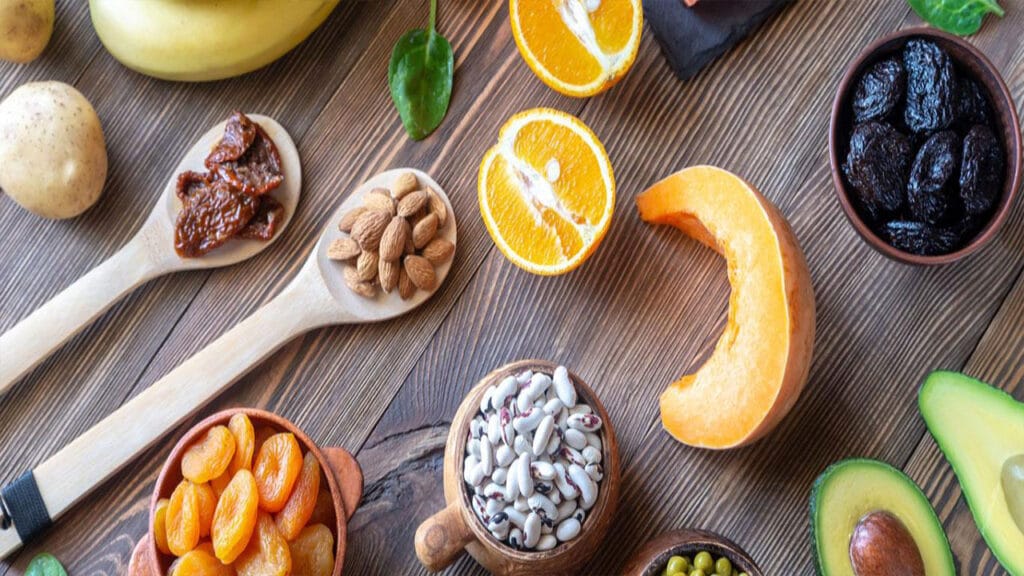You probably know by now that controlling your diet is one of the best ways to control your blood pressure. But which parts of your diet? Which nutrients do you or don’t you want to ward off the dangers of hypertension?
When it comes to minerals, there’s one in particular to watch out for: sodium. That’s right, we’re talking about salt. Too much salt is one of the biggest risk factors when it comes to high blood pressure (https://pubmed.ncbi.nlm.nih.gov/1930921/). There are a few reasons for this, including the fact that it changes how the arteries work and it affects how your body retains fluids.
Conversely, there are other minerals that you should try to include in your diet if you want to lower your blood pressure. Potassium, magnesium and calcium easily top the list of good blood pressure minerals (https://www.health.harvard.edu/heart-health/key-minerals-to-help-control-blood-pressure). They should show up in any healthy, balanced diet with plenty of vegetables. If you can’t get them from your diet for whatever reason, you may need to supplement them.
Like sodium, potassium plays a key role in the amount of fluid in your body. It also influences your heart rate (helping it avoid an irregular rhythm) and it can relax your blood vessels so your blood pressure becomes lower. Good potassium sources include dried fruit like apricots and prunes, different types of nuts and beans, yams and potatoes.
Not many people get enough magnesium in their diets. That may be because it’s prominent in leafy green vegetables like spinach and kale, which don’t always attract the most enthusiasm. You can also find it in some types of cereal. You need magnesium because of its impact on bones, muscles and nerves, including blood vessels.
Then there’s calcium. You might think of this mostly because of its role in bone health and because it’s why you were encouraged as a child to drink your milk. You find it in fish and leafy greens as well as dairy, and it impacts hormones, enzymes, blood vessels and bones.
The minerals that affect blood pressure (sodium, potassium, magnesium and calcium) can also affect each other. Sometimes one going up will be enough to make another go down. Your blood pressure can change because of the interaction between these minerals. It’s complicated stuff, but the main thing for you to remember is to make sure you eat a balanced diet.




